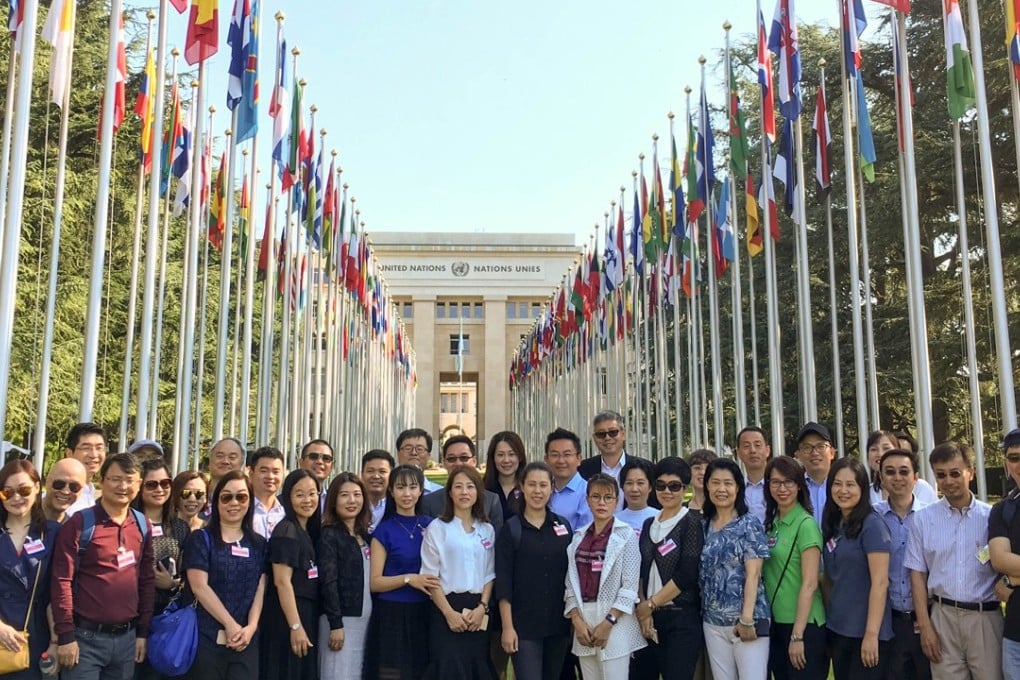Transnational education promotes better understanding across belt and road cultures
As Beijing’s ‘Belt and Road Initiative’ moves forward, more institutes are providing courses to help the next generation find their way through negotiations with people from different backgrounds and cultures

As Beijing pushes forward with its initiative to reinvent ancient economic routes, involving dozens of nations with different cultures, questions about cross-cultural management are never far from critics’ minds.
Emerging markets are preparing to participate in Beijing’s “Belt and Road Initiative”, and some institutes across the region are now focused on getting the upcoming generation ready to work in and with partner nations of this scheme.
Positioning itself as a business hub for this Pan-Asian strategy, Singapore opened its Belt and Road Multi-Cultural Studies Centre in July.
The centre is the result of a collaboration between the London School of Business and Finance (LSBF) in Singapore, and Xiamen University’s Overseas Education College (OEC). At its opening ceremony, Zheng Tongtao, dean of Xiamen University OEC, said: “We see great potential for LSBF in Singapore to facilitate the development of education under the [‘Belt and Road Initiative’].”
The vision for this collaboration, he explained, was to move forward with a shared vision of transnational education based on cultural exchanges.
LSBF is said to be the first private education institution in Singapore to secure a project related to Beijing’s initiative, and aims to offer transnational educational courses that equip both students and business executives with a better understanding of, and insights into, China’s global trade strategy.